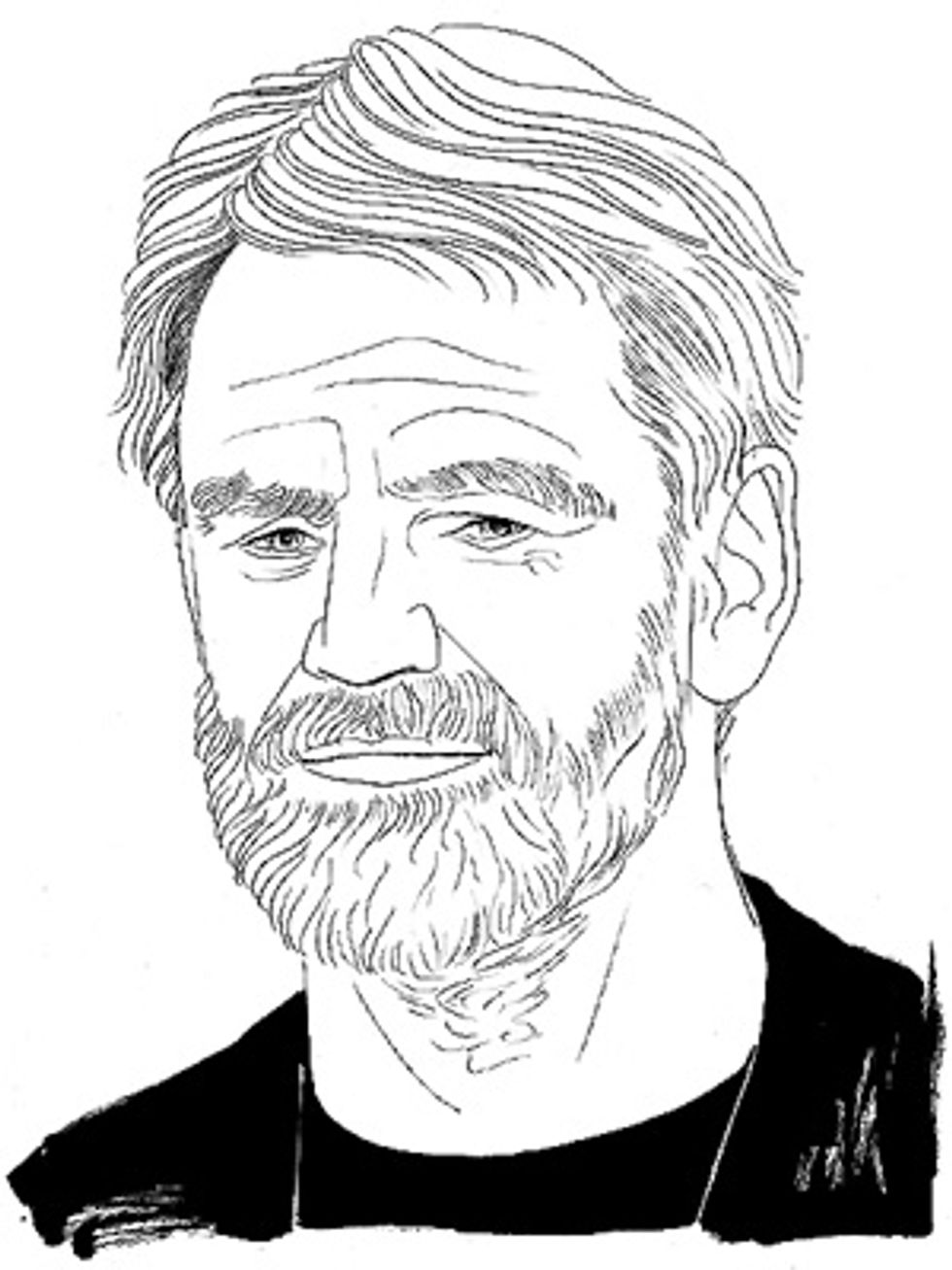Q&A: Kári Stefánsson Says Medical Privacy Is Overrated
Our reluctance to share our medical data isn’t just preventing breakthroughs, it’s “morally unacceptable”


Iceland’s Decode Genetics wants to sequence the DNA of the country’s small population—about 320,000 people—and match it with a rich genealogical record and national health databases. But not everyone is keen on giving up their genetic secrets. Decode’s founder and CEO, Kári Stefánsson, thinks people should stop worrying about privacy and start thinking about curing disease.
IEEE Spectrum: What’s the main challenge to gathering massive amounts of genetic and personal data to make medical discoveries?
Kári Stefánsson: The biggest problem has to do with privacy. The probability that anyone will use data like these to hurt people is extraordinarily small. It is just the perception that is somewhat troubling. When you go to the hospital or to your doctor, the probability that the health care system can help you is based upon the fact that those who came before allowed information about themselves to be used to make discoveries. I think it is completely unacceptable that you could demand service from the health care system at the same time as you refuse to have your information used to make discoveries.
So privacy concerns get in the way of medical breakthroughs?
Our queasiness when it comes to use of data is making discoveries more difficult [and] more costly. We have to find a way of convincing people that this is one of their duties in society, to allow information about themselves to be used in the context of medical research.
In an ideal world, would Decode have unfettered access to all Icelanders’ genomes? All humanity’s?
We don’t have unfettered access to anything. All of our access is controlled by our National Bioethics Committee and our Data Protection Authority. We are tightly controlled, and we should be. Over the past 18 years, not a single data point has ever leaked out of this building. No one has ever been hurt by the data we have gathered. The only thing we have done is to make discoveries that shed light on the nature of disease, on the nature of the human condition in general. So when you are weighing the risks against the benefits, this experience is extraordinarily valuable.
This article originally appeared in print as “Is Privacy Overrated?”
About the Author
Dave Levitan is the science writer for FactCheck.org, where he investigates the false and misleading claims about science that U.S. politicians occasionally make. For this issue, he traveled to Iceland to interview Kári Stefánsson of Decode Genetics, who would like to capture the DNA of Iceland’s entire population. Although Stefánsson is a neurologist by training, he has the charisma of a successful politician, Levitan notes. “A big chunk of that population seemed to describe Stefánsson as a ‘character’—affectionately, of course.”